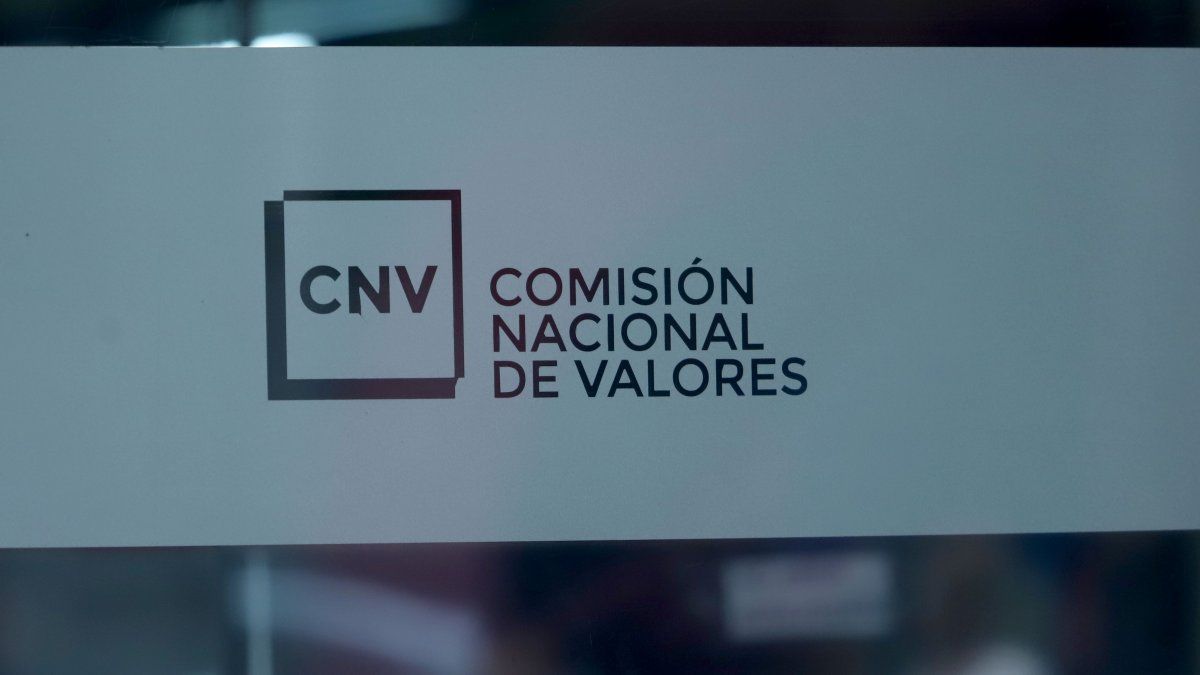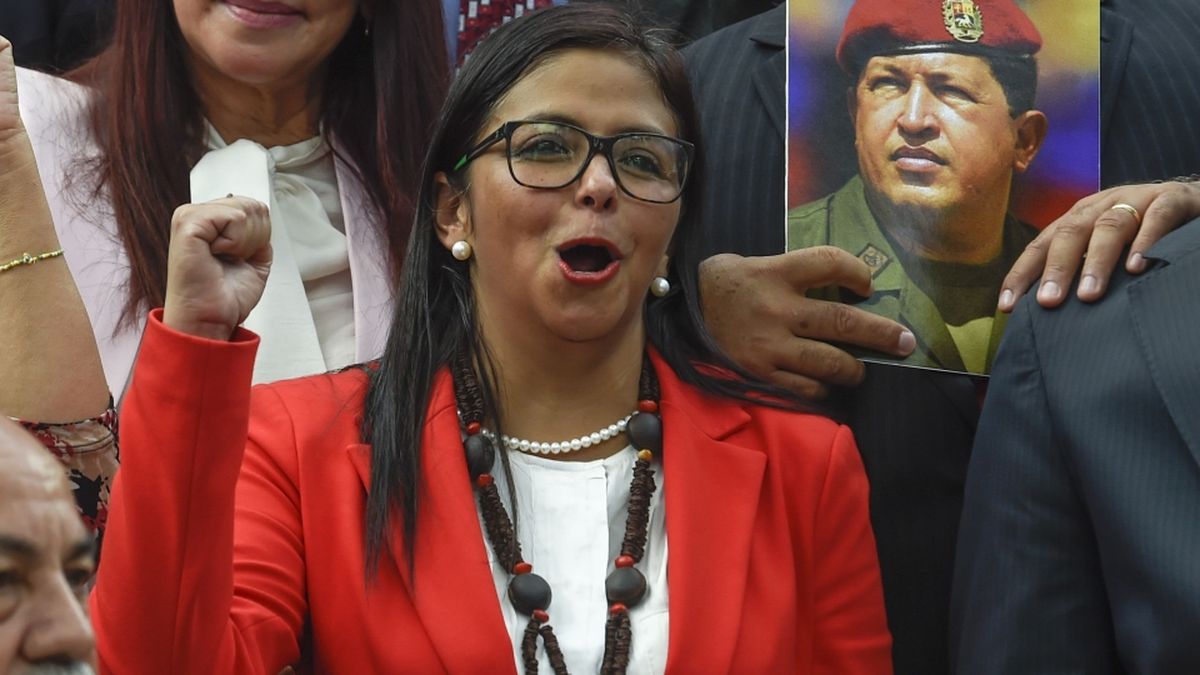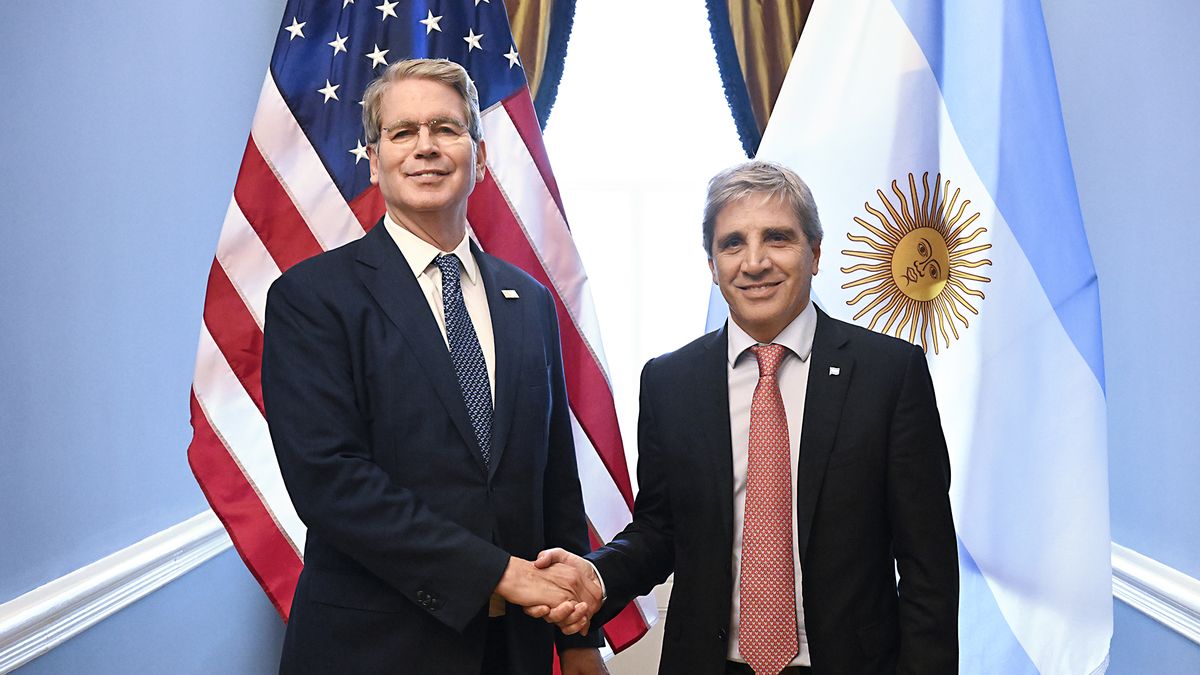The board of directors of the National Securities Commission (NVC) regulated this Wednesday the regime of Private Offering of negotiable securities. This was done through general resolution 1,016, which will be published in the Official Gazette in the next few hours.
In mid-July, the entity had opened a call for public consultation to consider the proposed regulation. Once the consultation was concluded, the CNV moved forward with the regulation based on the latest modification to this point of the Capital Market Law.
The president of the CNV, Roberto Silvahighlighted that “six years after the incorporation of the private offer into the law, which allowed this modification, a regulation that provides certainty, greater precision, reliability and that generates a secure regulatory framework regarding the private offer of negotiable securities had not been issued.” He also highlighted that “it was always a market demand” and that “it is already regulated in the world.”
Silva also stated: “We believe that with the regulation of the private offer (including the private offer to employees) and the extraterritorial offer, we are taking a big step. Additionally, The mechanism known as safe harbor is incorporated for the first time or safe harbor, which is intended to provide legal certainty to those offers of negotiable securities that meet certain requirements outlined in the Resolution.” In addition, he said that “this regulation will be one of the distinctive contributions of this administration to the capital market.”
What does the CNV standard say?
The private offer of negotiable securities (for example, shares) are those that They are carried out on a limited number of people or institutions with which a price was previously negotiated and which are not accessible to the general public. Public offers, on the other hand, are those that require authorization from the supervisory body and notification after their placement.
From this new regulation Any offer that does not meet the requirements outlined in the general resolution, It will not be automatically considered an irregular public offering and, therefore, subject to sanctions. It must be assessed on a case-by-case basis. to determine whether the same can be considered as a private or extraterritorial offer, even if it does not comply with all the assumptions contemplated in the safe harbor. On the contrary, if the conditions outlined in the regulation are met, it will be certain that an irregular public offer is not being carried out or a crime is not being committed.
The standard covers the following points:
- private offers (whether because they are directed to a limited circle of investors or to employees), regulating specific cases and taking into consideration, for this purpose, the means and mechanisms of dissemination, offering and distribution, and the number and type of investors to whom the offer is intended; and
-
offshore offers exempt from CNV oversight, as they are carried out outside the territory of the Argentine Republic and do not have sufficient points of contact with it.
Both private and offshore offerings are exempt from prior authorization from the CNV and do not require any subsequent notification to its placement.
The private offers contemplated in general resolution No. 1016 are divided into two sub-regimesintended to regulate the two most common situations: the private offers themselveswhich are aimed at a restricted group of investors, without resorting to mass media; and the Private offers aimed at employeeswhich must be directed only to certain eligible persons, using means that restrict access to persons outside that category.
“In this same vein, the aim is to establish a clear framework that provides certainty for the private issuance of fiduciary securities among a limited number of investors. This includes those issuances that are carried out within the framework of financial trusts, structured with the aim of pre-financing them until obtaining authorization for public offering,” the CNV explained in a statement.
In addition, the case of extraterritorial offers is regulated. In these cases, under certain requirements related to the means of contact and the destination of the offer, they will be completely outside the control of the CNV.
The capital market regulator clarified: “The approval of this new regulation does not imply, under any circumstances, the CNV’s renunciation of its power and obligation to supervise, as well as to protect public savings and investing public. Therefore, the CNV will retain broad powers to guarantee compliance with the requirements established in the aforementioned regulations. In this regard, Law No. 26,831 as well as the regulations issued by the CNV and concordant rules, will always be applicable in case of violation thereof.”
The CNV clarified that The inclusion of a special regime for “low-impact” public offerings continues to be analyzedas was stated in General Resolution 955, which was repealed. For this reason, it was not included in the new regulations subject to public consultation. “It will be regulated in due course,” the institution stated.
Within the framework of the public consultation, the CNV authorities received the country’s main law firms, the Chamber of Companies and the Argentine Chamber of Mutual Investment Funds (CAFCI) and the Argentine Chamber of Trusts and Direct Investment Funds in Productive Activities (CAFIDAP), to discuss the proposal.
Source: Ambito
David William is a talented author who has made a name for himself in the world of writing. He is a professional author who writes on a wide range of topics, from general interest to opinion news. David is currently working as a writer at 24 hours worlds where he brings his unique perspective and in-depth research to his articles, making them both informative and engaging.




